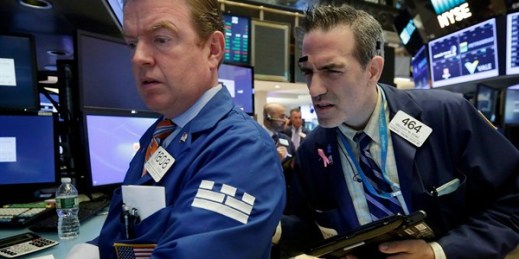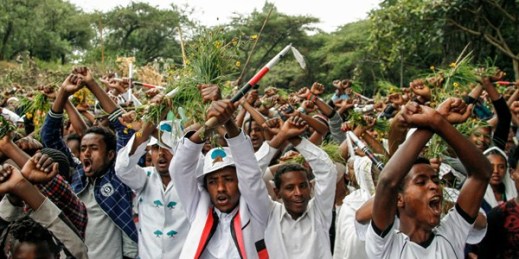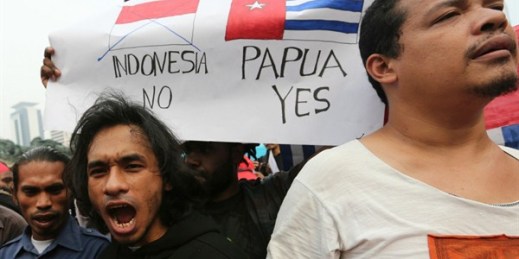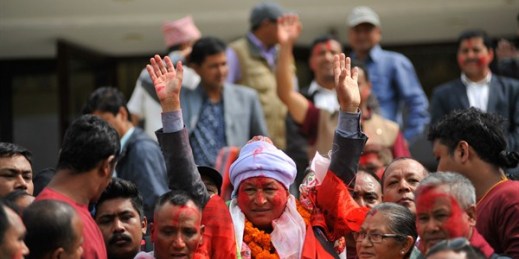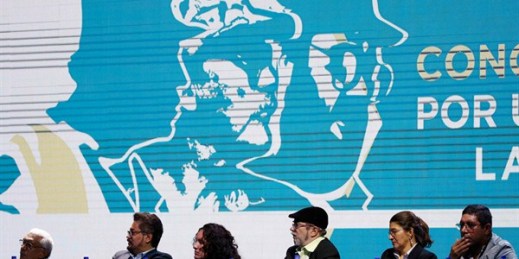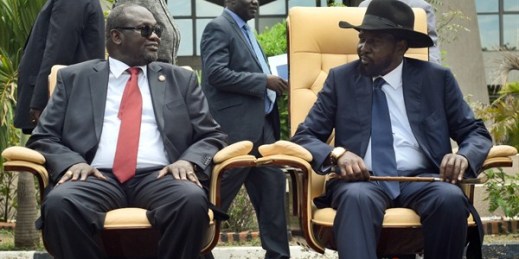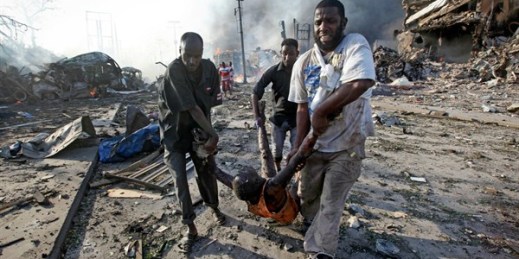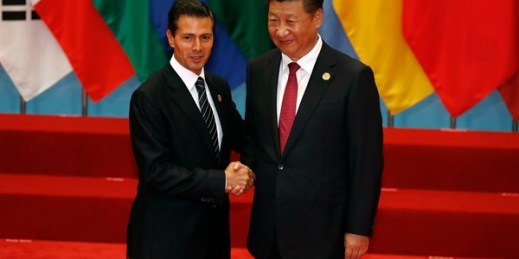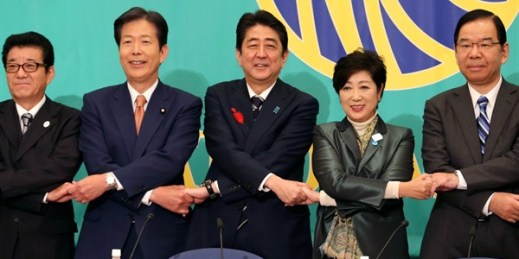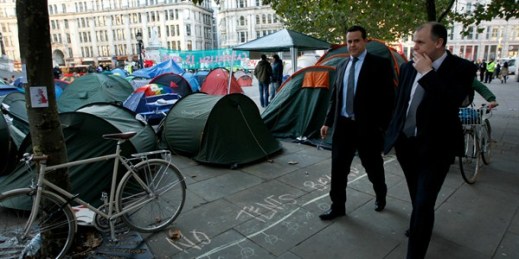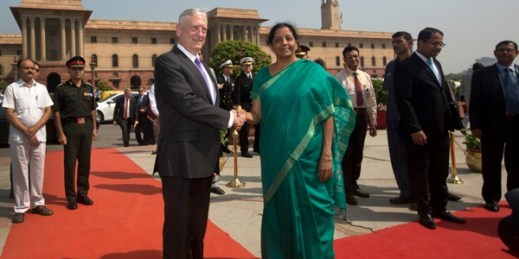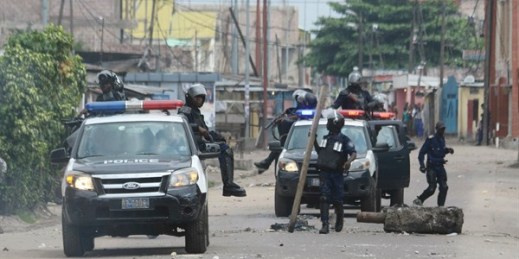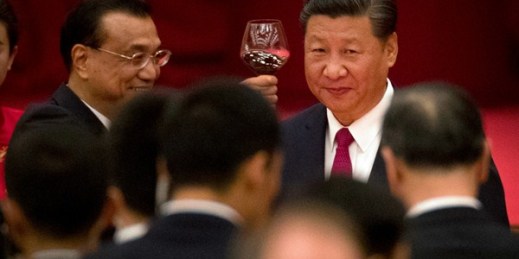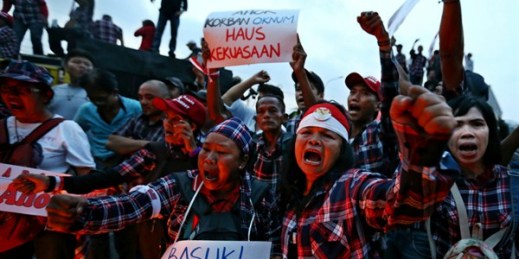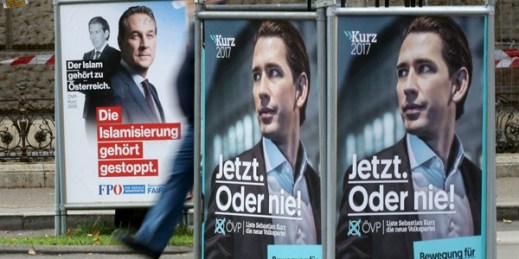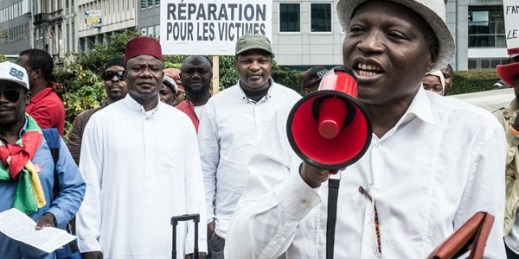
Editor’s Note: Every Friday, WPR Associate Editor Robbie Corey-Boulet curates the top news and analysis from and about the African continent. After months of protests and more than a dozen deaths, the situation in Togo is beginning to draw more attention, and public comment, from other heads of state in West Africa. Since August, opposition leaders in Togo have organized large-scale anti-government protests in cities throughout the country, calling for reforms and the departure of President Faure Gnassingbe. The Gnassingbe family has been in power for half a century, with Eyadema Gnassingbe ruling for 38 years before dying in office […]

